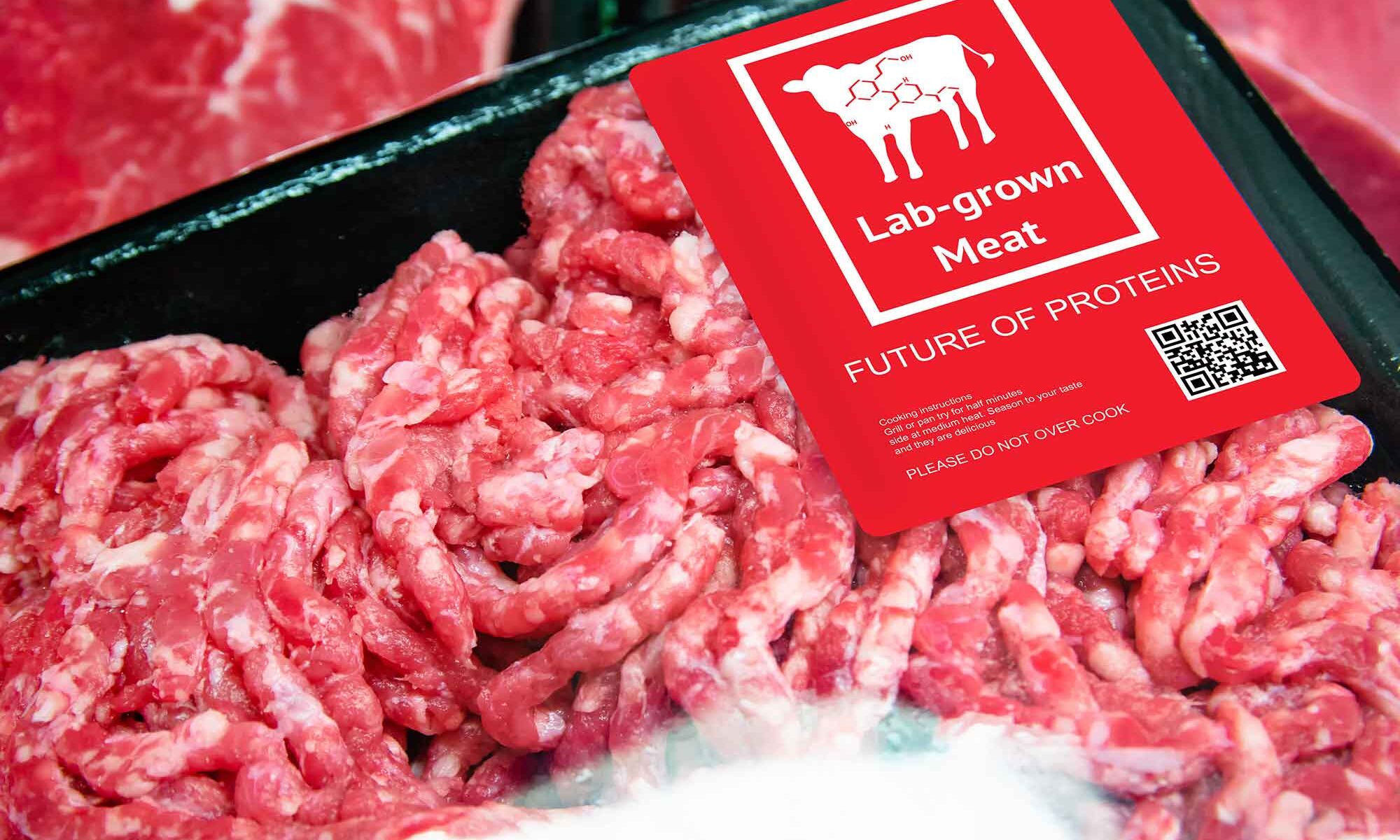They state this in an unpublished paper, already quoted on the university’s website. The conclusions are is remarkable because so-called ‘cultured’ meat, which is grown from animal cells, is widely believed to be more environmentally friendly than beef. For instance, less land and water are needed to produce cattle feed and greenhouse gas emissions are also said to be lower than when raising cattle.
The researchers argue that these assumptions are incorrect, as the cultured meat cells are cultivated on growth media of pharmaceutical grade purity. This means they meet the highest purity standards, suitable for biotech drug production. However, it makes large-scale production of cultured meat enormously energy-intensive.
Growth media are indispensable for multiplying animal cells. “If they continue to be produced using the ‘pharmaceutical’ approach, it will be worse for the environment and more expensive than conventional beef production,” says lead author Derrick Risner of the UC Davis Department of Food Science and Technology. This suggests that investments to produce more climate-friendly beef may yield greater emissions reductions faster than investments in cultured meat.
European research
Other conclusions come from research in Europe. For instance, CE Delft published a prospective life cycle analysis (LCA) in 2021, which shows that commercially produced cultured meat will indeed have an environmental impact many times smaller than traditional meat by 2030. Especially if renewable energy is used in the process. In that case, the CO2 footprint could even drop by 80%.
Conditions are that production technology is improved and that food-grade growing media can be used. These are growth media that meet the quality requirements that also apply to normal food production (safe for human consumption). The first steps in this have already been taken. The Dutch company Mosa Meat and Nutreco announced earlier this year that they will conduct research into the production of food-grade growing media. Laboratory tests show that cell production works just as well on the basis of cell feed consisting of 99.2 per cent food-grade components. This Feed for Meat project has been awarded a REACT-EU grant from the European ERDF programme OP-Zuid.
See also:
- Mosa Meat and Nutreco to scale up cell feed production for cultured meat (news message, Agro&Chemistry, 8 March 2023)
Image: Zapp2Photo/Shutterstock



